Whilst you’re reading up on eco friendly alternatives to plastic and sustainable fashion, you might find yourself wondering, is zero waste a trend? Or is it here to stay? And, is zero waste sustainable in the longer term?
One thing’s for sure, the zero waste lifestyle is extremely trendy right now. Search #zerowaste on Instagram and you’ll find tonnes of inspiration and innovative content.We for one love that consumers are making much more conscientious decisions.
What is the zero waste movement?
Before we start to tackle the topic of is zero waste possible, what is zero waste anyway? And how did it all begin? Ultimately, the concept of zero waste is to reduce the amount of material we send to landfill. To achieve this, as both individuals and businesses, we can take the following steps - the 3 ‘Rs’ of zero waste:
- REDUCE - only purchase items and products that you truly need.
- REUSE - before you throw anything away, consider any secondary purposes that it may have. Get creative!
- RECYCLE - aim to responsibly recycle any materials that you cannot reuse.
Essentially, the zero waste movement is an antidote to the throwaway culture and convenience economy of contemporary society.
The origins of the zero waste movement can be traced to Bea Johnson. In 2009, Bea launched her Zero Waste Home blog, documenting her quest to reduce waste in her household. Bea’s efforts started a chain reaction, and zero waste became a major global movement over the past decade.

Is zero waste a trend?
As you can see the concept of a zero waste lifestyle is still a relative newcomer. So what do you reckon, is zero waste just a trend or is it here to stay?
Realistically, is zero waste possible?
It’s tricky to truly assess the answer to the question is zero waste achievable. Many individuals are able to completely eliminatemost waste from their lives. However, let’s be realistic - no one can be 100% waste free.
For example, consider when you order a drink in a bar and forget to specify no straw. And we all have days where we forget to pack a tote bag and shamefully accept a plastic bag.
However, times are changing and governments are (finally) cottoning onto the need to address the climate emergency. Eventually, we do feel, the above scenarios will become a thing of the past.
Whilst all eco minded consumers aim to be as zero waste as possible, you should also familiarise yourself with the idea of low waste. Low waste means that whilst we’re not completely free of creating waste, we’re taking big strides in that direction.

Why zero waste matters and how you can help the movement
Adopting a low waste lifestyle is something that we think everyone should attempt. Even if you start with something small, like always carrying a reusable water bottle with you.
Switching to sustainable alternatives is a way to give the planet time to heal and start to reduce the number of detrimental landfills. It might feel like it only makes a small difference, but even one small zero waste swap per person can start to make a difference. After all, remember, 91% of plastics are not recyclable.
As you search for ways to reduce your own waste, you might stumble across discussions over why zero waste is bad. Whilst we at Jungle Culture are quick to object to this view, we can see how the zero waste label may be misused. One thing that what we don’t like is the negative byproduct of the zero waste movement - greenwashing. This is where brands promote themselves as eco friendly and zero waste, but in reality they are far from it. If you’ve not heard of greenwashing, it’s something we urge you to read up about.
We’re also not too hot on eco shaming those who are making the effort to go zero waste but haven’t made the full transition yet. It’s not realistic for everyone to only produce one mason jar of waste per year, and sometimes a person has no choice but to take a plane. What we need to do as both consumers and businesses is acknowledge that everyone who tries to follow a more sustainable lifestyle should be commended and supported.

How you can make zero waste achievable?
As a business, here are some easy ways that you can support the zero waste movement:
- Switch to plastic free alternatives. As the EU and UK begin to introduce the ban on single use plastic, now is the perfect time to get ahead of the game. There are tonnes of alternatives to single use plastic, check out our eco friendly wholesale products for inspiration!
- Reduce your waste as much as you can. For example, restaurants may benefit from smaller menus, which enables more control over food waste.
- Educate your customers on what you as a business are doing and how they can be part of the journey. Share tips and advice on your social media channels and blog that will help anyone who wonders is zero waste achievable.
- Always remember that before you reach zero waste, you can strive for less waste!
Meanwhile, are you a consumer trying to reduce your waste? In that case, we’ve created a step-by-step guide to help you get started. Read these, then if you do overhear talk about why zero waste ‘is bad’, you can step in!
Is zero waste sustainable?
So, is zero waste a trend or is it our future? Well, if you ask us - it’s less of trend and more of a movement. And, perhaps we are optimistic, but we do have faith in the longevity of zero waste initiatives, whether they’re a trend or not.
Nobody can deny that the zero waste lifestyle has gained popularity over the past decade in a gradual but determined way. Greater awareness of recycling paved the way to innovative alternatives to plastic and the sustainable industry is flourishing at present with the boom in zero waste shops. There are more and more initiatives every year, from global beach clean ups to schemes such as Refill.
One thing’s for sure; the climate crisis is real. We know that the only way that we stand a chance of preserving our natural environments and wildlife habitats is by adopting low waste principles. This doesn’t mean that everyone will become zero waste overnight. But, the more that we talk about the zero waste trend, movement , whatever you call it - the more others will take notice.
Following on from that, zero waste ambassadors (like yourself) are so determined and committed to the cause. We think it’s unlikely that our customers and clients would allow the zero waste ‘trend’ to come to a halt.
Start your low waste journey today
Are you new to zero waste or do you consider yourself a pioneer of the movement? Either way, we would love to hear your opinion and the steps you are taking to become more sustainable. Comment below, email us or reach out on social media.

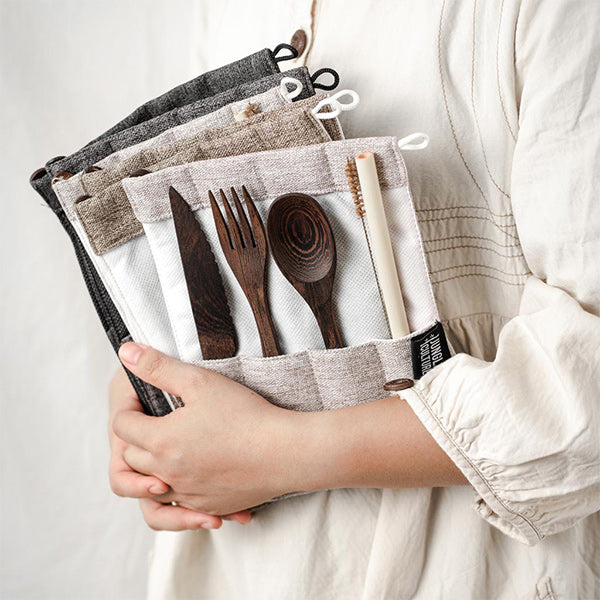

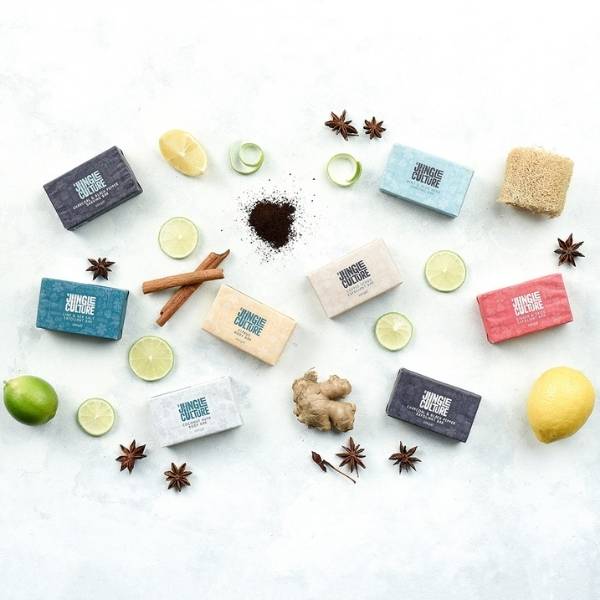
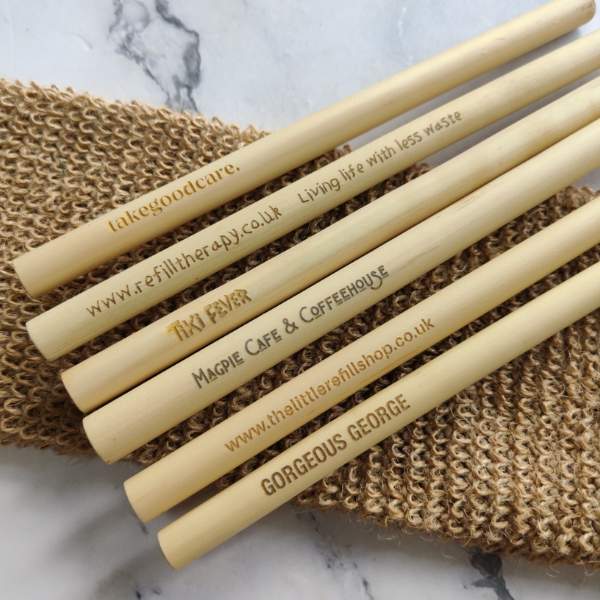



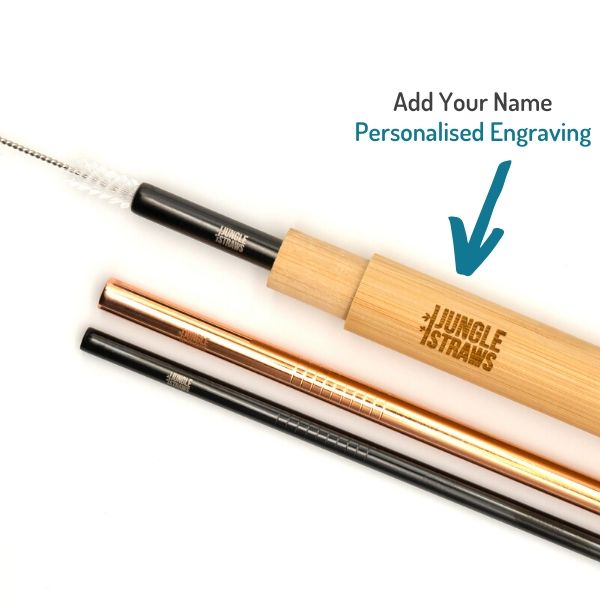
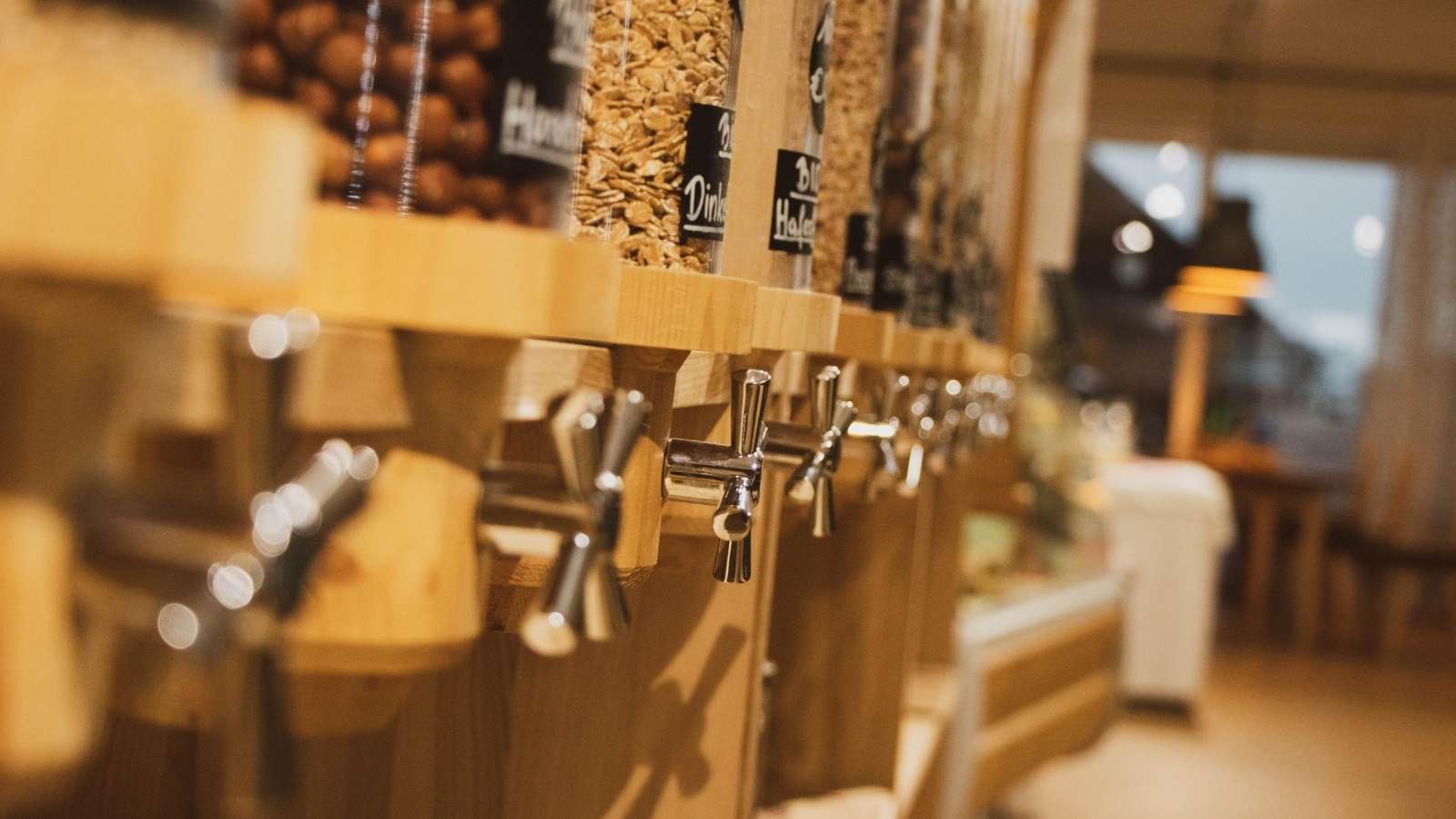



Leave a comment (all fields required)